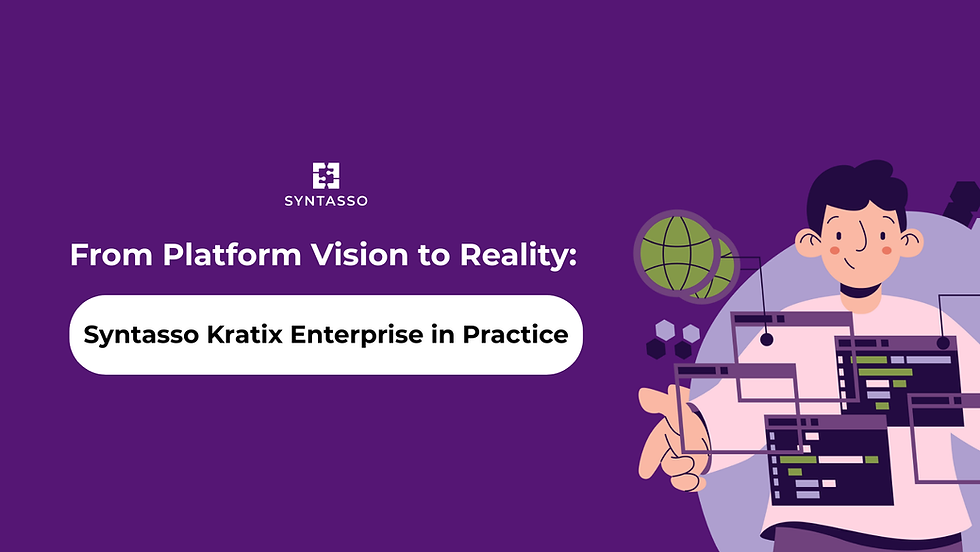Platform Orchestration and the Three Layers of Modern Platforms
- Daniel Bryant

- Oct 15, 2024
- 2 min read
Earlier in the month, I had the privilege of presenting two talks at the JAX London event, focusing on platform orchestration.
I've been attending and speaking at JAX events for several years, and it's always fun sharing my ideas with this audience. JAX attendees are typically enterprise application developers, architects, and technical leaders, and so it's a great opportunity to learn about the current challenges in this space.
I took this opportunity to present my latest thoughts on platform orchestration, platform engineering, and building platforms as a product. With the audience in mind, I focused on how platforms can enable developers to increase the speed, safety, and scale of their application deployments.

I've embedded my slide decks and the talk abstract below. Subscribers to JAX or devmio will soon be able to watch the talk recordings via the devmio platform.
Three Layers Every Platform Needs for Success: Apps, Orchestration, and Infra!
Seemingly, everyone is building an internal developer platform (IDP) or embracing platform engineering. However, the tooling and trends are still emerging. We don't yet understand how all of the technologies need to be combined for success. Join this talk for an opinionated overview of how to build a platform:
- Learn how to set goals, metrics, and KPIs when building a platform
- Understand the three layers that must be present in every platform: application choreography, platform orchestration, and infrastructure composition
- Explore the related people, organisation, and leadership skills that must accompany building a platform.
We'll draw on case studies from real-world platform building and summarise the current best practices.
Platform Orchestrators: The Missing Middle of Internal Developer Platforms?
At KubeCon 2022, I argued that developers building applications on Kubernetes today are being asked not just to code. They are also responsible for shipping and running their applications. We often talk about needing a Kubernetes “platform” to handle these responsibilities, but do we really need to build our own PaaS? Many organisations start their platform building with a developer portal, which provides success on day one but struggles with day two challenges. There appears to be a “missing middle” that manages the platform lifecycle in many implementations, which a “platform orchestrator” can address. Most organisations are not as unique as they think they are, but they do need a way of codifying their business processes into the platform.
Questions? Reach out!
As usual, please don't hesitate to reach out with any questions. You can find me at @danielbryantuk on LinkedIn or contact us via the website.



Comments